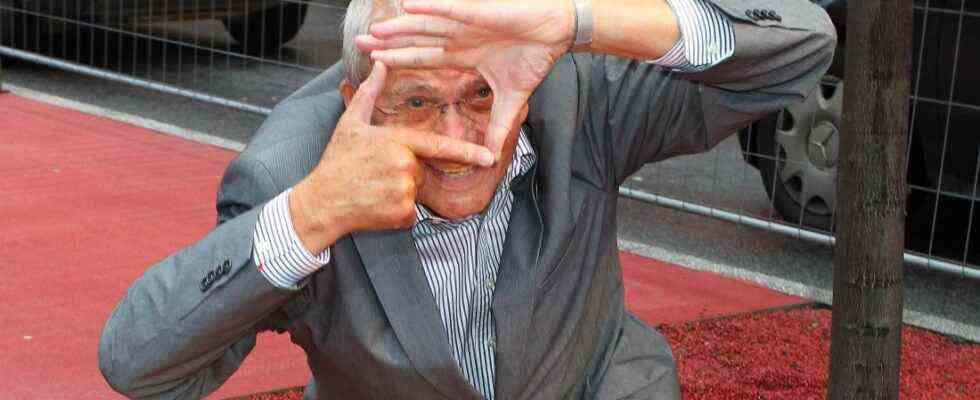It sounded like the end of a long and bitter feud when Bavaria Film and Eurovideo Medien sent out a press release on Tuesday morning. The companies, it said in staccato style, “end the legal dispute with Jost Vacano over ‘Das Boot'”. They have undertaken to “comply with the claims asserted by Jost Vacano before the Munich Higher Regional Court in connection with the production of ‘Das Boot’ (1981),” the companies said. They are willing to pay Vacano an additional fee: around 270,000 euros plus interest and sales tax from Bavaria, around 192,000 euros plus interest and sales tax to Eurovideo. The media then reported worldwide, including the SZ.
However, it is bizarre that, according to their own statements, neither the plaintiff Jost Vacano nor his lawyer had agreed to the termination of the proceedings. Both assure that there was no offer to pay the sums mentioned that was linked to an out-of-court settlement or to an amicable termination of the proceedings.
So what is it legally? “We’re still puzzling,” says lawyer Nikolaus Reber, who has represented Vacano in the lengthy process for 14 years. The court must now decide whether the letter should be interpreted as an acknowledgment by the defendant. In any case, there can be no talk of the cheerfully announced end of the “judicial dispute”. No defendant can unilaterally declare proceedings to be over – it can be ended by a final judgment or by a plaintiff who withdraws his lawsuit. Vacano has not the slightest intention to do so, as he assures the SZ.
In another lawsuit, screenwriter Anika Decker wants more money for her collaboration with Til Schweiger
So the feud goes on. But what do Bavaria Film and Eurovideo Medien hope for from such misleading? That remains unclear, so far no statement has been received from either company.
The Munich Higher Regional Court, where the process ended up again after a detour to the Federal Court of Justice, will have to continue to negotiate. A next hearing is scheduled for October. It is possible that Vacano will ultimately be awarded the amounts now mentioned, but it could also be significantly more. The money is for the famous cameraman, who made a career in Hollywood after “Boot” with films like “Robocop” and “Total Recall”, is no longer the main motivation. “I’ve now invested so much time and energy in this process that it’s about fundamental things,” says Vacano. “So I would like to have a verdict at the end.” If the money is already being transferred to him, he considers it “simply a down payment”.
The legal dispute, which has been taking place in various German courts since 2008, also involved ARD, which reached an agreement with Vacano last July. Most recently, the Munich Higher Regional Court followed Vacano’s argument that his original fee of only 100,000 euros was far too low in view of the global success that Bavaria achieved with the “boat”, and that a subsequent fee was overdue. The film caused a sensation in Hollywood in 1981 and is still present in TV reruns and DVD evaluations.
“The voluntary termination of the legal dispute is in recognition of the unique achievements of Jost Vacano in the production,” wrote Bavaria and Eurovideo in their message on Tuesday, which sounds a bit like mockery if this recognition had to be legally enforced and the process continues involuntarily and the recognized one is not even on board. The desire to avoid a final judgment at all costs could be discernible here. Both companies fear setting a precedent for subsequent awards, which will mean that numerous fixed-price contracts with filmmakers will have to be renegotiated in the future.
That’s what it looks like now. By doing Decision of the Federal Court of Justice, which Vacano won in 2020, played a major role in the so-called “fairness clause” of the Copyright Act 2002, which guarantees creatives a fair share of the success if their remuneration is “conspicuously disproportionate” to a film’s proceeds. Another lawsuit in which the fee is far too low is currently being carried out between the producer, director and leading actor Til Schweiger and his author Anika Decker about the films “Keinohrhasen” and “Zweiohrküken”. Here, too, a Berlin court followed finally Decker’s demandshe needs insight into the profits of the film because of possible additional claims.

